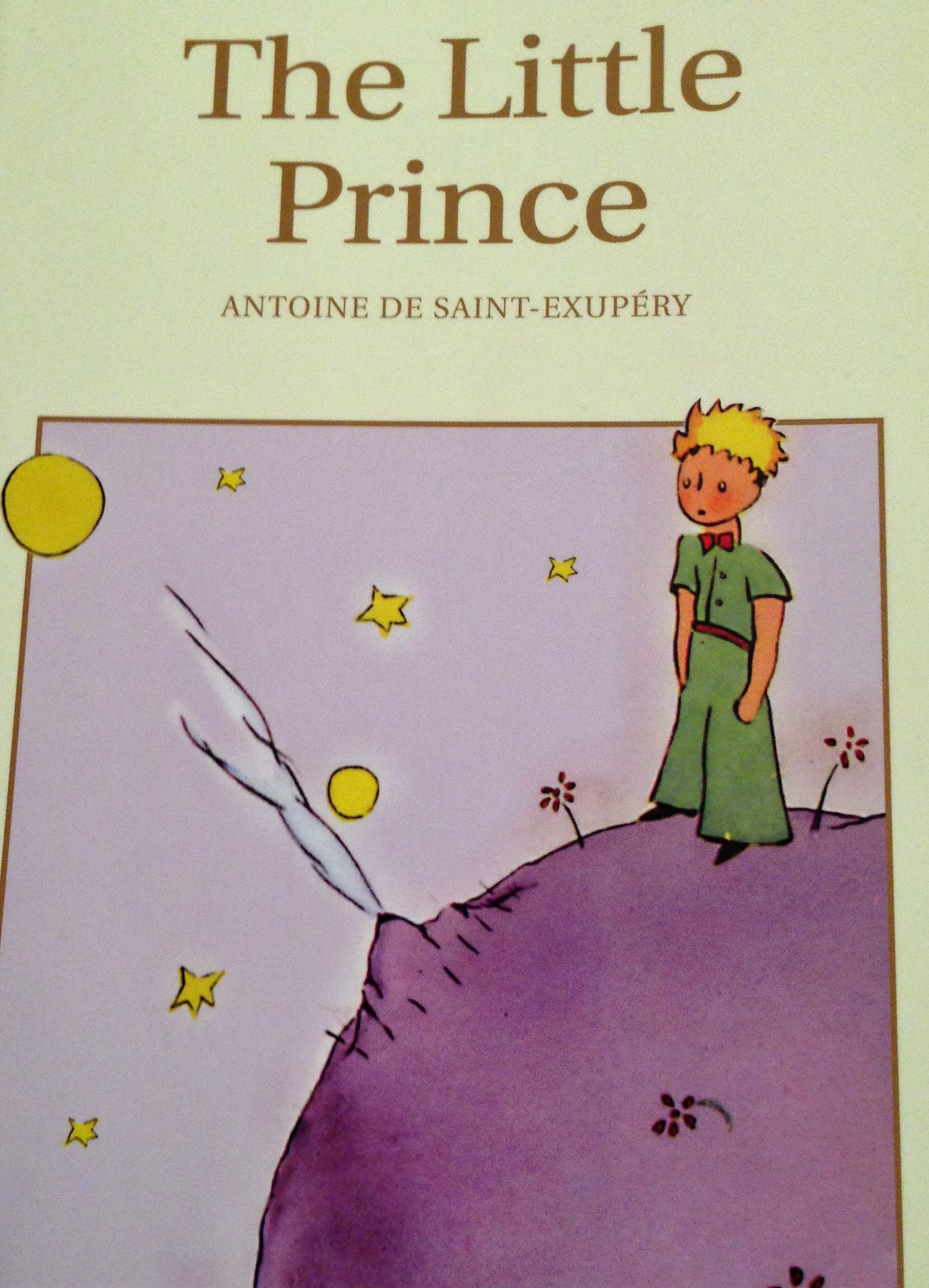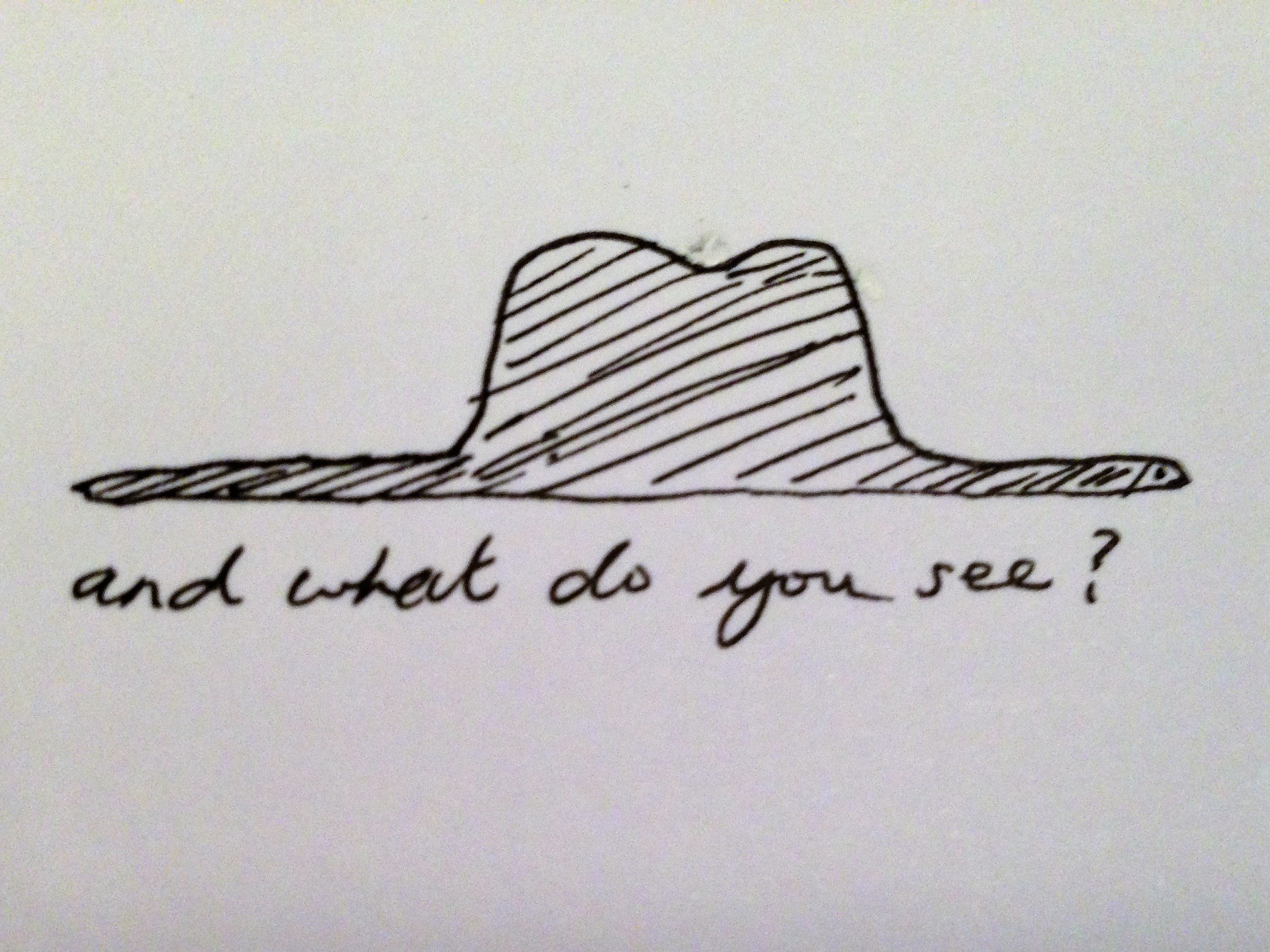 A children’s book? Fiction? Or philosophy? There is no unanimous agreement, but then that’s probably because ‘The Little Prince’ appears to carry aspects from all three genres. Antoine De Saint-Exupéry or his much longer name, Antoine Marie Jean-Baptiste Rodger, comte de Saint-Exupéry, was a French writer, poet, aristocrat, journalist, and pioneering aviator born in Lyon on the 29th June 1900. He was a successful commercial pilot before World War II, joined the French Air Force until 1940 and later joined the Free French Air Force where it is sadly believed he died on a reconnaissance mission in July 1944.
A children’s book? Fiction? Or philosophy? There is no unanimous agreement, but then that’s probably because ‘The Little Prince’ appears to carry aspects from all three genres. Antoine De Saint-Exupéry or his much longer name, Antoine Marie Jean-Baptiste Rodger, comte de Saint-Exupéry, was a French writer, poet, aristocrat, journalist, and pioneering aviator born in Lyon on the 29th June 1900. He was a successful commercial pilot before World War II, joined the French Air Force until 1940 and later joined the Free French Air Force where it is sadly believed he died on a reconnaissance mission in July 1944.
Saint-Exupéry wrote and illustrated his novella ‘The Little Prince’ in New York City and in the village of Asharoken in 1942, with the manuscript being completed in October. ‘The Little Prince’ was published in the United States a year before his death in both English and French in 1943. Antoine De Saint-Exupéry wrote dozens of literary works, most of which were published posthumously and most of his works were inspired by his unique experiences as a pilot. ‘The Little Prince’ is closely associated with the people and experiences in Antoine De Saint-Exupéry’s life leading one biographer to write; “Rarely have an author and a character been so intimately bound together as Antoine de Saint-Exupéry and his Little Prince.”
The ‘The Little Prince’ has been translated into over 250 different languages and has inspired a variety of people and objects from quirky puzzle games to tattooists and even singers. Surprisingly, an adapted quote from ‘The Little Prince’ was used by Scooter in his song ‘Weekend’; ‘What is essential? It’s invisible to the eye! It’s only with the heart, that you can see rightly’ which actually reads in the novella as ‘It is only with one’s heart that one can see clearly. What is essential is invisible to the eye’.
I have heard good things about ‘The Little Prince’ on several occasions and so I took the opportunity one day last week to sit down and read the novella. It was a strange and wonderful story. The children’s aspect of the story is both surreal and beautiful, the philosophical questions about life and the adult world are both obvious and obscured, and the fictional elements, well one could argue that this story is based more on fact than fiction.
I loved ‘The Little Prince’ and I was a little dismayed that I hadn’t stumbled across this novella earlier. When I read ‘The Little Prince’ I felt like I was reading two stories in one, one was a philosophical story and the other was a fantastical children’s adventure. There is no better way in my opinion to explain the unfairness, hardships and strangeness of the real world than through fiction, and Antoine De Saint-Exupéry does this perfectly. I think everyone loves to believe and tell their children that the world is a wonderful and fair place when really, deep down, we know this isn’t true. We like to see happy children with that little youthful, joyful and innocent spark in their eyes which we secretly hope they will never lose but know inevitably that so many will. In this sense ‘The Little Prince’ is the perfect little story to open children’s eyes to the realities of the world in a way which isn’t mentally scarring. It is also a good story to help ease children into, and teach them life lessons, about adulthood, even if it is subconsciously.
However, this novella isn’t just a story that amuses and educates children, it is also a striking and thought-provoking read for adults too. The lessons in ‘The Little Prince’ may be obvious to some but they are not obvious to all, and sometimes you know something to be true without being able to put it into the right words. Antoine De Saint-Exupéry displays a keen insight into the world and covers the difficult topics of life, love and existence. He also points out the absurdities which seem to reign supreme in adult life but are not found anywhere in childhood. He also displays and compares the mind set of both adults and children with his charming illustrations. I have to admit here that I initially failed to recognise his boa-constrictor digesting an elephant, and thought as most boring adults do, that he had drawn a hat. Now that I have been told what his drawing actually is I can’t see anything but a boa-constrictor digesting an elephant, and I don’t think I will look at hats in quite the same way ever again.
Whilst reading ‘The Little Prince’ I felt that Antoine De Saint-Exupéry was a champion of retaining qualities in adulthood that are often seen as childlike by the adult population. Qualities such as wonder, discovery and imagination are all qualities of the Little Prince and are far removed from the qualities of the older, adult characters throughout the story. Yet these qualities are so important to our everyday lives and really there is no reason to lose them in adulthood, this is a lie we seem to tell ourselves as we get older.
I could go on and write about all my favourite quotes and illustrations but there are plenty of blogs which cover these topics. For anyone who is interested, ‘The Little Prince’ was released in the US as an animation by Netflix on the 5th of August 2016 and has high ratings, but as you keen readers will already know, the book is often better, and I definitely recommend this book.